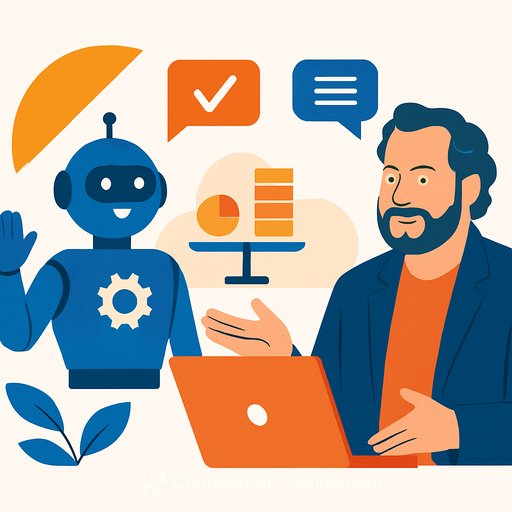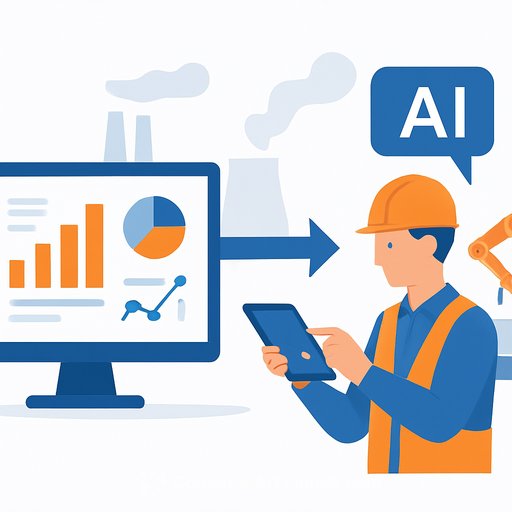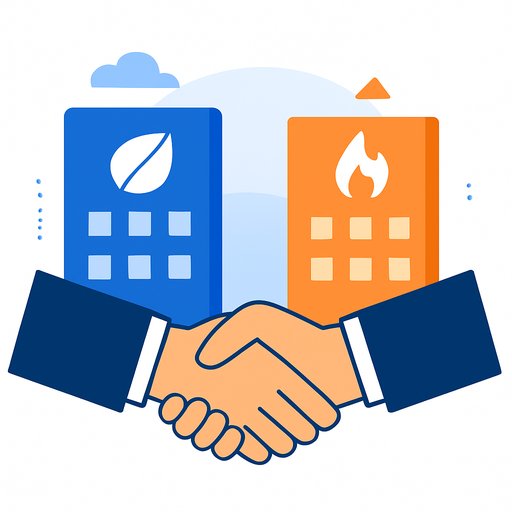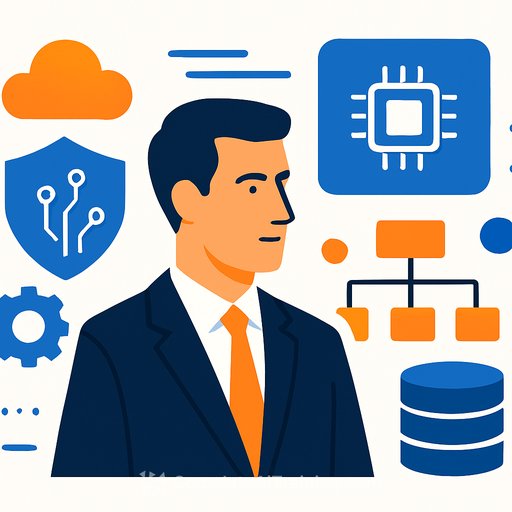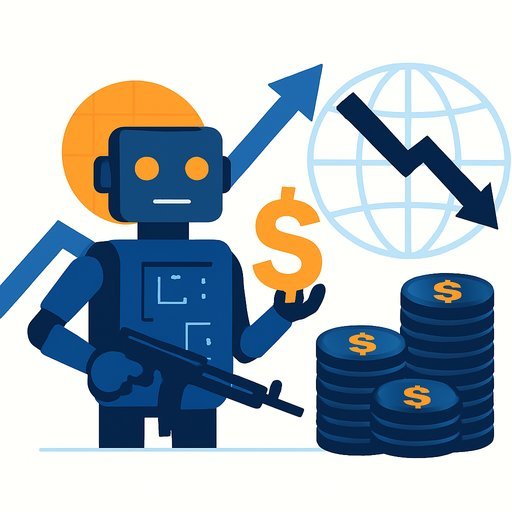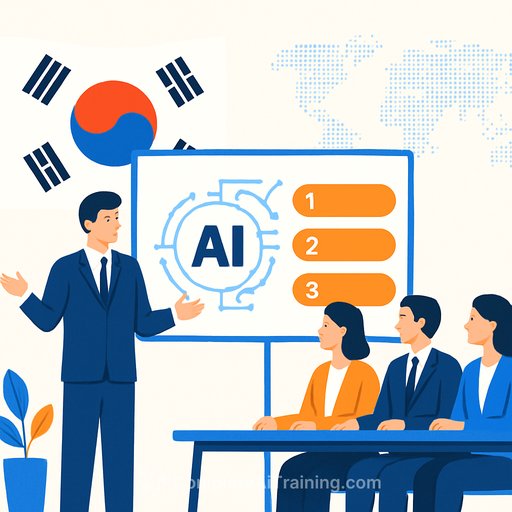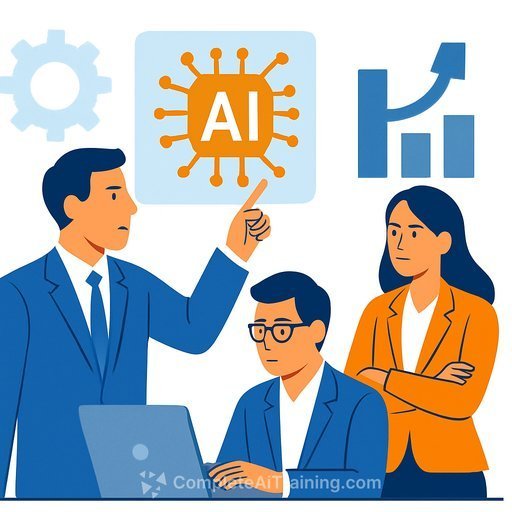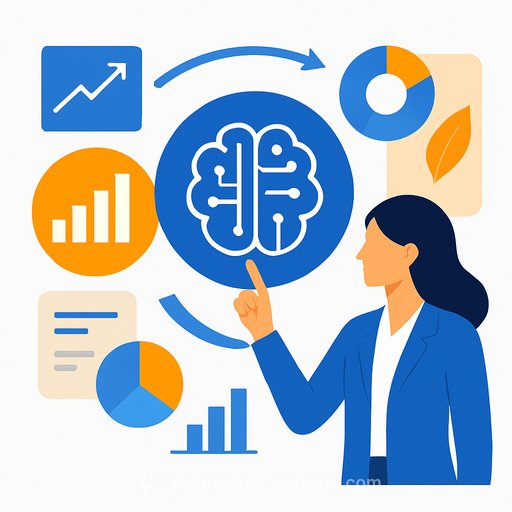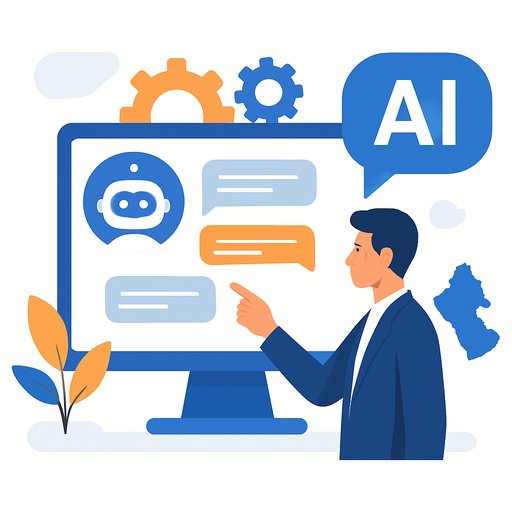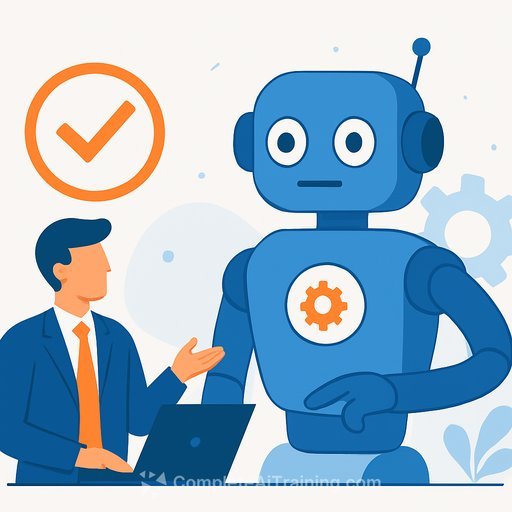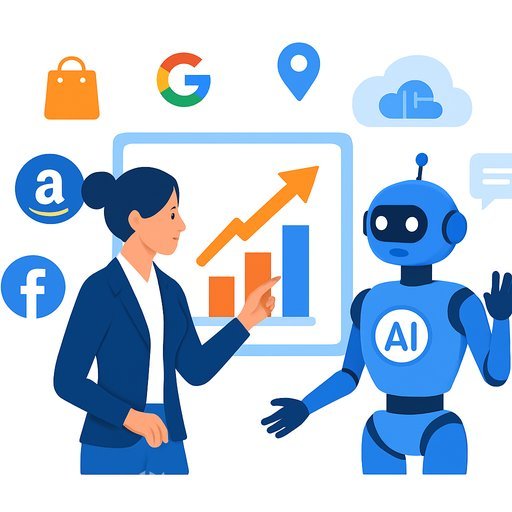Salesforce CEO Reveals AI Agents Now Handle Up to Half of Company Work
Salesforce CEO Marc Benioff announced that AI agents currently perform between 30% and 50% of tasks within the company. These AI systems resolve 85% of customer service inquiries and qualify sales leads 40% faster than before AI adoption. This marks one of the largest corporate integrations of AI agents managing critical operational roles.
Benioff confirmed Salesforce will not expand its software engineering, customer service, or legal teams due to AI efficiency gains. However, the company continues to hire sales and customer success professionals to help clients adopt AI technologies effectively.
Customer Service and Sales See Major AI Impact
AI has transformed Salesforce’s customer support, handling over one million AI-driven conversations alongside an equal number of human interactions. This hybrid system reduced support costs by 17% within six to nine months. In sales, AI agents eliminate previous limitations caused by high lead volumes, ensuring consistent follow-up that was previously impossible due to manual constraints.
Before AI, sales teams often "cherry-picked" leads, leaving many prospects uncontacted. AI agents now provide scalable lead engagement, improving qualification speed and coverage.
Human Oversight Remains Crucial
Contrary to some industry predictions of widespread white-collar job losses, Benioff stressed that AI accuracy without company-specific data ranges from 50% to 60%, improving to around 90% with proprietary data but never reaching full reliability. This means human oversight is essential for quality control and handling complex cases.
Salesforce’s approach focuses on augmenting employee productivity rather than replacing workers. Employees are repositioned into higher-value roles while routine tasks are automated.
Challenges in AI Accuracy and Multi-Turn Interactions
Research from Salesforce AI Research highlights that enterprise AI agents achieve 58% success in single-turn scenarios, dropping to 35% in multi-turn business interactions. These limitations affect workflow execution and policy compliance, reinforcing the need for human supervision.
Similar challenges exist in marketing technology, where about 20% of AI-generated responses contain errors, according to July 2025 studies. These findings explain why Salesforce maintains a balanced AI-human operational model.
Technical and Strategic Details
Salesforce serves as "customer zero" for its AI platform Agentforce, developed to deploy up to a billion AI agents for clients within 12 months. The platform was introduced at Dreamforce 2024 and is designed to enhance customer relationship management across industries.
AI deployment spans six to nine months for customer service automation, with ongoing expansion in sales and internal workflows. The company has also made strategic acquisitions, including Zoomin for unstructured data management and PredictSpring for retail point-of-sale AI solutions.
Financial and Industry Context
While detailed financial results remain private, a 17% reduction in support costs represents early return on investment. Benioff’s comments suggest this is an early phase of a broader organizational shift rather than a completed transformation.
In the competitive AI market, Salesforce positions its Agentforce platform against rivals like Microsoft’s Copilot, with Benioff openly criticizing competitor offerings.
Regulatory and Global Considerations
Global AI governance efforts, such as China’s AI safety plan published in July 2025, may influence how companies deploy AI internationally. Salesforce’s model of AI augmentation with human oversight aligns with these emerging standards and helps balance productivity gains with workforce stability.
Key Takeaways for Executives and Customer Support Leaders
- AI agents now handle nearly half of Salesforce’s operational workload, with 85% customer inquiry resolution and 40% faster sales lead qualification.
- Human roles are evolving rather than disappearing; employees are shifted to support AI adoption and manage complex tasks.
- AI accuracy limitations necessitate continued human oversight, especially in multi-turn interactions and compliance-related workflows.
- Cost savings are real but gradual, with a reported 17% reduction in support expenses within months of AI deployment.
- Salesforce’s AI platform serves as a testbed for enterprise AI adoption, with plans for widespread deployment among customers.
For customer support and operations leaders, these insights underscore the importance of balancing AI automation with strategic workforce planning. Embracing AI augmentation can improve efficiency without triggering disruptive layoffs, provided human expertise remains central to business processes.
To explore AI courses that can help your team adapt to these changes, visit Complete AI Training's latest AI courses.
Your membership also unlocks:

